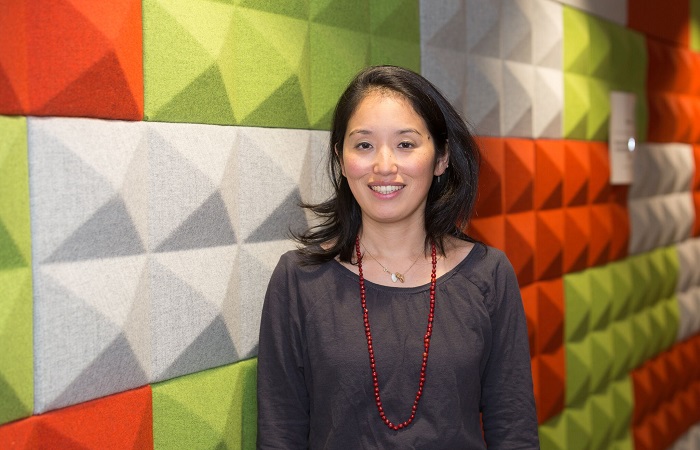Dr Hejung Chung, Reader in Sociology and Social Policy and Principal Investigator at the Work Autonomy, Flexibility and Work Life Balance (WAF) project has published a new video on her research.
The video on her findings asks the question, ‘can flexible working help reduce the gender pay gap?’ and explores the benefits and current problems associated with flexible working, including how the World Economic Forum has announced that it would take 202 years for the global pay gap to close.
Work Autonomy, Flexibility and Work-Life Balance (WAF Project) is a research project funded by the Economic and Social Research Council as a part of their Future Research Leader Scheme (Grant ES/K009699/1) and based at the University of Kent. This project aims to examine how work autonomy and working-time flexibility (flexitime) is being used and provided, and how it can be used to benefit workers rather than to lead to increased intensification of work, blurring boundaries between work and family life.
Watch the video on YouTube

